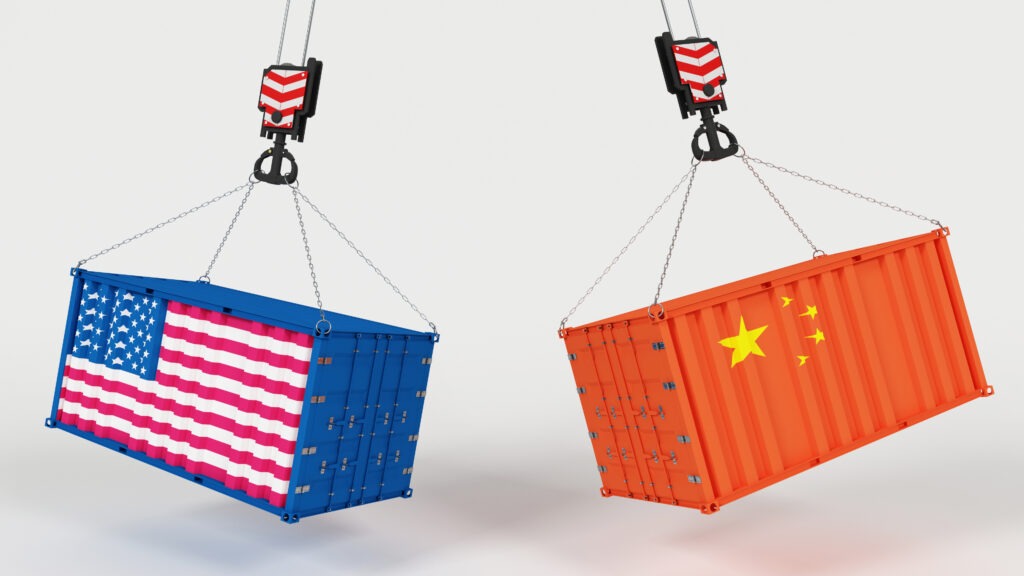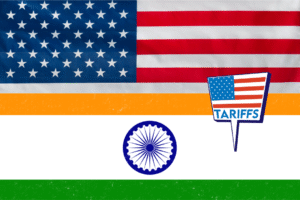Introduction
In September 2025, American taxes will remain one of the most wrangled-about issues in worldwide trade. The U.S. government has utilized duties as a device to ensure neighborhood businesses, stimulate household manufacturing, and weigh outside governments in exchange transactions. But whereas duties may show up like a shield for American businesses, they too come with significant impacts on worldwide supply chains, shopper costs, and worldwide relations. Let’s break down which nations confront U.S. duties as of September 2025 and why.
Understanding U.S. Tariffs
A duty is fundamentally an assessment on imports. When merchandise enters the United States, certain things are taxed depending on where they come from and what they are. Whereas duties are regularly defended as a way to secure American specialists, they can also trigger countering from other nations, starting trade wars.
The Huge Picture in 2025
The worldwide economy in 2025 is confronting numerous challenges—slower growth, inflationary pressures, and geopolitical pressures. The U.S. has taken an extreme position on exchange, especially with nations like China, Russia, and indeed partners such as the European Union. These taxes are not fair, they’re not economic, they’re too much about legislative issues and security.
Tariffs on China

The United States proceeds to impose overwhelming taxes on Chinese products. As of September 2025:
Electronics, apparatus, and tech components confront duties extending from 15% to 25%.
Solar boards, electric vehicle batteries, and steel imports stay profoundly taxed.
Consumer products such as clothing, furniture, and family appliances also carry tariffs.
These measures are to a great extent tied to the progressing debate over mental property, innovation exchange, and competition in the clean energy sector.
Tariffs on the European Union
Despite being partners, the U.S. and EU have not completely settled their exchange debate. Current taxes include:
Tariffs on European cars and auto parts.
Duties on extravagant merchandise such as wine, cheese, and spirits.
Disputes around flying machine appropriations (Boeing vs. Airbus) proceed to fuel duty battles.
Tariffs on Russia
Due to progressing geopolitical pressures, the U.S. has strict duties and sanctions on Russia.
Oil, characteristic gas, and energy-related items confront near-total restrictions.
Russian steel, aluminum, and other metals are intensely taxed.
Consumer imports from Russia are nonexistent due to sanctions.
These measures are tied to both financial and security concerns.
Tariffs on India
India, a developing financial control, moreover, faces U.S. tariffs.
Certain agrarian items confront duties.
Steel and aluminum stay beneath duty restrictions.
At the same time, both nations are arranging exchange agreements to adjust relations.
Tariffs on Mexico and Canada
Under the USMCA (Joined together States-Mexico-Canada Agreement), duties have been decreased in numerous zones, but not totally eliminated.
Mexican steel and auto send out confront observing and periodic tax adjustments.
Agricultural debate still leads to brief duties, particularly on dairy and produce.
Canada faces obligations on amber, dairy, and a few energy exports.
Tariffs on Japan and South Korea
Both Japan and South Korea remain key partners, but duties still exist:
Automobiles and gadgets confront intermittent U.S. duties.
Disputes around semiconductors and innovation sharing have led to duty tensions.
Agricultural merchandise from both nations confront direct duties.
Tariffs on Creating Countries
Several creating nations are focused on tariffs:
Vietnam: duties on materials, footwear, and furniture.
Brazil: duties on meat, ethanol, and metals.
Turkey: duties on steel and aluminum.
These are regularly advocated by the U.S. as a reaction to exchange awkward nature or appropriations in those countries.
Impact on American Consumers
While duties are implied to ensure neighborhood businesses, they frequently raise costs for regular Americans. Imported goods—from clothing to cars to electronics—become more costly. Businesses that depend on worldwide supply chains also confront higher costs.
Impact on Worldwide Trade
Other nations have countered by imposing duties on American exports. This implies U.S. agriculturists, carmakers, and tech companies also confront challenges overseas. Duty fights can wind into exchange wars, diminishing worldwide financial growth.
Political Point of Tariffs
Tariffs are not fair in economics—they’re also legislative issues. With the 2024 U.S. race still new, the government is under pressure to appear quality on the exchange. Ensuring American specialists is a solid political message, indeed, if it complicates worldwide relations.
WTO and Universal Reactions
The World Exchange Organization (WTO) has frequently criticized U.S. duty approaches, but the U.S. remains powerless. Nations like China, the EU, and India proceed to thrust back through transactions and retaliatory measures.
The Future of Taxes in 2025 and Beyond
Looking ahead, U.S. taxes will likely stay a key portion of the exchange approach. Be that as it may, worldwide participation may gradually ease pressures if modern exchange agreements are struck. For the present, businesses and shoppers must adjust to a world where duties are a part of regular economics.
Conclusion
As of September 2025, American taxes influence a wide range of nations and businesses. From China’s tech sends out to European extravagance merchandise and Russian vitality items, taxes are forming worldwide trade in emotional ways. Whereas they may secure a few U.S. occupations, they too raise costs for shoppers and make grinding with partners. The coming months will decide whether these taxes remain unfaltering, increase, or at long last start to ease.
FAQs
Which nation faces the most noteworthy U.S. duties in September 2025?
China proceeds to impose the most elevated and broadest taxes on different businesses, particularly tech and manufacturing.
Do U.S. taxes influence American consumers?
Yes, duties regularly increase the cost of imported merchandise, which implies higher costs for consumers.
Are duties the same as sanctions?
No, duties are charges on imports, whereas sanctions are broader confinements that can incorporate exchange bans, resource solidifies, and more.
How do other nations react to U.S. tariffs?
Most nations strike back with their claim taxes on American merchandise, leading to exchange debate and diminished cooperation.
Will duties diminish in the near future?
It depends on worldwide arrangements. Whereas a few debates may ease, numerous taxes are likely to stay in place through 2025.



